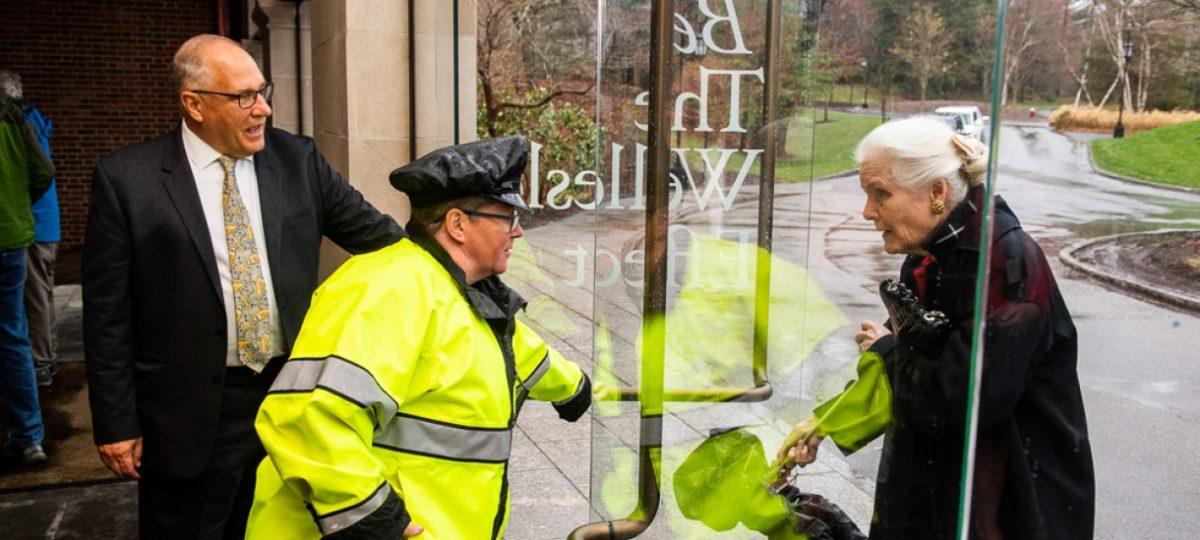On Friday May 3, a representative from Wellesley’s technology office emailed the student body about calls impersonating Wellesley Campus Police. According to the email, the calls were from a hacker impersonating Campus Police and asking for money. The calls began with news about the recipient being in violation of the law, before asking for personal information such as social security number and date of birth. The caller then asked students to send money through bitcoin to make up for the violation.
According to Ravi Ravishanker, Wellesley’s Chief Information Officer (CIO), two students called Campus Po notifying them of the strange incident. “There could have been more students affected by the anonymous caller, but we only know about two,” Ravishanker said. He continues, “I was at home when Campus Po called me and notified me that two students had contacted them about a call originating from the 212 number. They (Campus Po) somehow thought that someone had hacked into our office system and was doing this, but I knew that this is not possible.”
For the most part, students are well-aware of the importance of staying vigilant about where calls are coming from. “I only had time to briefly glance at the campus po e-mail, but I have been getting a lot of scam calls recently, and I personally have been very aware of them,” said Cassiana Robinson ’22. “A while ago I got an email from this woman named Dorothy who was pretending to be a Wellesley alum and was asking for assistance. So I’ve just been aware of scams right now. I don’t think I’ve received any scam phone calls from campus po, but I know that students have been very vigilant of scam calls.”
“I’m curious to see whether anyone at Wellesley would fall for it. I feel like scam calls and robo-calls are so common now, I don’t ever pick up the phone if it’s from a number I don’t recognize. If they’re saying they are from Wellesley, then they are being creative, but I don’t think I would have picked up the phone because I’m so used to filtering scam calls or robo-calls.” says Sara Clark ’22.
However, according to Ravishanker, it’s almost impossible to figure out who the Campus Po scammer was. “There is no way to find out how the anonymous scammer. In order to find out, you need to go through law enforcement and get a subpoena in order to go through phone records.” He continues, “They technique they used is called “ID spoofing,” it’s a fairly common technique used by hackers to threaten people. There’s a broad spectrum in terms of sophistication when it comes to spoofing and there are lots of systems around the world that have been compromised because of this technique.”
Ravishanker also states that the Campus Po scam is a rare occurrence at the College. “As far as I know, nothing like this has ever been reported to me during my time here.” He continues, “there are lots of measures we try to put in place to protect students and staff from scams like these.”
Overall, Ravishanker hopes that students will continue to remain skeptical of any online messages or scams they may receive. “Students should be very careful and if they get any calls that look suspicious, or the caller acts suspicious just put the phone down. Caller ID can be faked but the number itself cannot be easily faked. Someone from Virginia can easily spoof the Campus Po number. You can put the phone down and call campus po to see if they really called you. Due diligence and being very careful are important. Don’t ever believe what the caller says and scramble to give them the money.”






